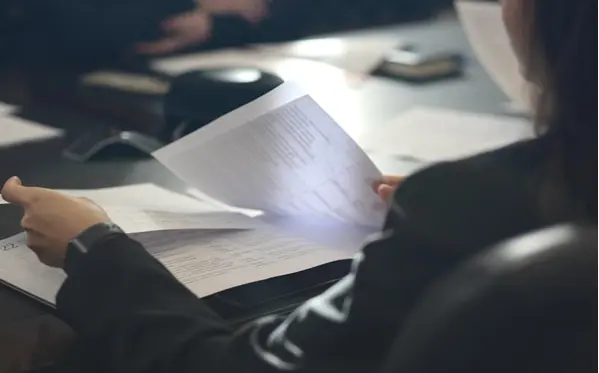The stigma associated with a criminal record can haunt an individual long after their sentence has been served. In Arizona, avenues exist for individuals seeking to mitigate the long-term consequences of past convictions through criminal record removal, including expungement and setting aside judgments. This legal process offers a fresh start for eligible individuals, allowing them to move forward without the shadow of their past. Understanding the nuances of this process is crucial for anyone looking to clear their name. Below, we delve into the critical information and steps you need to take to regain control of your future.
Understanding Criminal Record Removal in Arizona
Record removal in Arizona, often called setting aside a judgment, doesn’t erase a conviction but lifts the penalties and legal restrictions that come with it. This process can help restore civil rights, improve job prospects, and support professional licensing. However, not all convictions are eligible.
Serious crimes like violent or sexual offenses may not qualify, so understanding the specific criteria under Arizona law is essential. Once eligibility is confirmed, the process requires completing legal forms and may involve a court hearing. Because the laws are complex and vary by case, having a legal expert guide you through the steps can make a big difference in securing a favorable result.
The Eligibility Criteria for Expungement in Arizona
In Arizona, individuals seeking record removal must meet specific eligibility criteria. The conviction must be a state offense, not federal, and all terms of the sentence must be completed, including incarceration, probation, community service, and fines or restitution. A waiting period must pass after the conviction or sentence completion, which varies based on offense severity.
Applicants must not have any new charges or convictions during this period. Strong documentation is required, such as proof of rehabilitation and character references. Juvenile offenders follow a separate process with distinct rules. The application’s success depends on showing rehabilitation and a lack of risk to public safety, which can improve personal and professional opportunities.
Step-by-Step Process for Applying for a Set Aside in Arizona
To apply for a set aside in Arizona, individuals must first obtain their criminal record to determine eligibility. After confirmation, they must complete specific application forms from the Arizona judicial branch or the original court. The application should include detailed information about the conviction and evidence of rehabilitation, such as education or community involvement.
A motion to set aside must then be filed in the sentencing court, possibly followed by a waiting period or hearing. Applicants are encouraged to gather supporting documents like certificates or letters. If a hearing is scheduled, presenting the case before a judge with help from an experienced attorney can strengthen the petition.
The Role of Legal Representation in Clearing Your Record

Legal representation is crucial when seeking record removal, as the legal system can be complex and unforgiving. A skilled attorney understands local laws, court procedures, and the detailed requirements needed for a successful petition. They offer personalized guidance, ensuring documents are accurate and arguments are well-prepared.
Beyond paperwork, lawyers help craft persuasive narratives tailored to each case. In hearings, their advocacy skills strengthen the presentation of the case and allow for effective responses to opposition. Attorneys are also equipped to handle unexpected legal obstacles and stay informed about changes in laws or procedures that might impact the application, offering essential strategic advantages throughout the process.
Managing Expectations: Timelines and Possible Outcomes
Managing expectations is crucial when seeking criminal record removal, especially regarding timelines. The process can span several months to over a year, depending on the case’s complexity, court workload, and whether a hearing is required. More serious offenses may take longer, and courts often request extra documentation, which can delay decisions.
Timely responses and communication with an attorney help reduce delays. Outcomes are not guaranteed, as courts assess each case individually, considering the offense, post-conviction behavior, and public safety. A denial does not end the process; applicants may reapply later with new evidence or proof of rehabilitation. Persistence and a clear understanding of the process are essential.
Overall, clearing your name through criminal record removal in Arizona is a substantive legal undertaking that can offer life-changing results. With a clear understanding of the process, meticulous preparation, and professional legal assistance, individuals can navigate the complexities of the law towards a brighter future without the burden of a criminal record looming over them.
Also Read-Understanding Arizona Expungement: How an Experienced Lawyer Can Help 06/17
